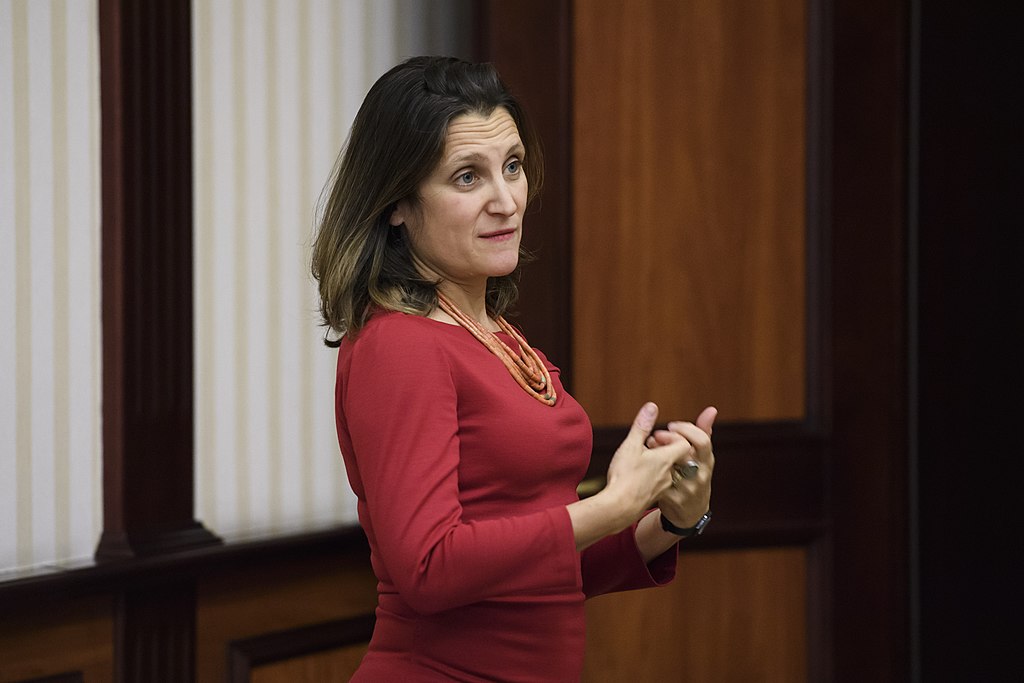It may actually increase the amount of housing in the supply system.
For instance, my situation:
- parents bought cottage in the mid 90s for 70k
- current cottage is approximately valued at 500k (let's say for ease of numbers)
So my capital gain is 430k.
That means (to me - not a numbers guy totally) 250k of the gain is taxed at 50%, and the remaining 180k is taxed at 66%.
250k (50%) = 125k
180k (66%) = 118k
Are the additions to be paid now. Final number includes the salary in the year of sale.
I personally can't afford that, so now would have to sell the property which means that there's another property for sale in Wasaga.
Someone help out with the math because I'm getting confused.
In your example....
1) Adjusted cost base. You can add the following items to the initial purchase price for purposes of calculating capital gain:
- closing expenses to the purchase price (legal, taxes, commissions, repairs needed to make the property ready to move into).
- the cost for any improvements or renovations made to improve the property value. For example, if you add a garage or an addition
Be careful not to mistake maintenance or repairs for capital investments in a property. Redoing an existing roof, HVAC, kitchens, bath, flooring, paint etc are not generally capital investments, they are expenses -- you can't add them to your cost base.
2) The capital gain is calculated by subtracting the adjusted cost base + selling costs cost base from the disposition value (sale value). So
Assuming your adjusted cost base is $80K, you'll have $5K in selling costs and the property is worth $500K. The capital gain would be
$500-$80-$5=$405K (or $202.5K for each of your parents)
Under the current system, 50% the gain is added to your parent's income, or ~$100K each. Depending on their existing income, im guessing tax on that gain is between $12K and $44K each. You can get a good estimate at:
Ontario income tax calculator 2023-2024 | TurboTax® Canada First calculate your parent's normal tax based on their income (record the amount). Next, add their portion of the capital gain ($101,750) and recalculate. The difference between the first (on regular income) and the second calculation (regular income + capital gain) is the amount of tax triggered for each parent by the capital gain.
Don't sweat the 66.7% inclusion rate unless you think the cottage will jump to $750K by year-end.
Note: If you get a mortgage on the cottage to cover the tax, you'll also be liable for land transfer tax that is computed based on the cost of the mortgage.


















